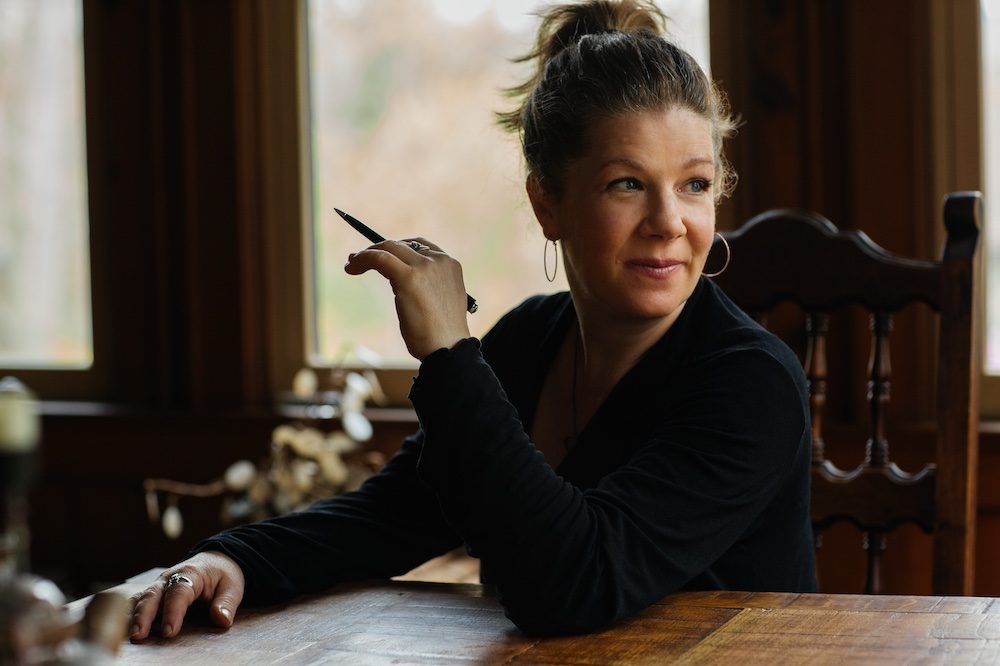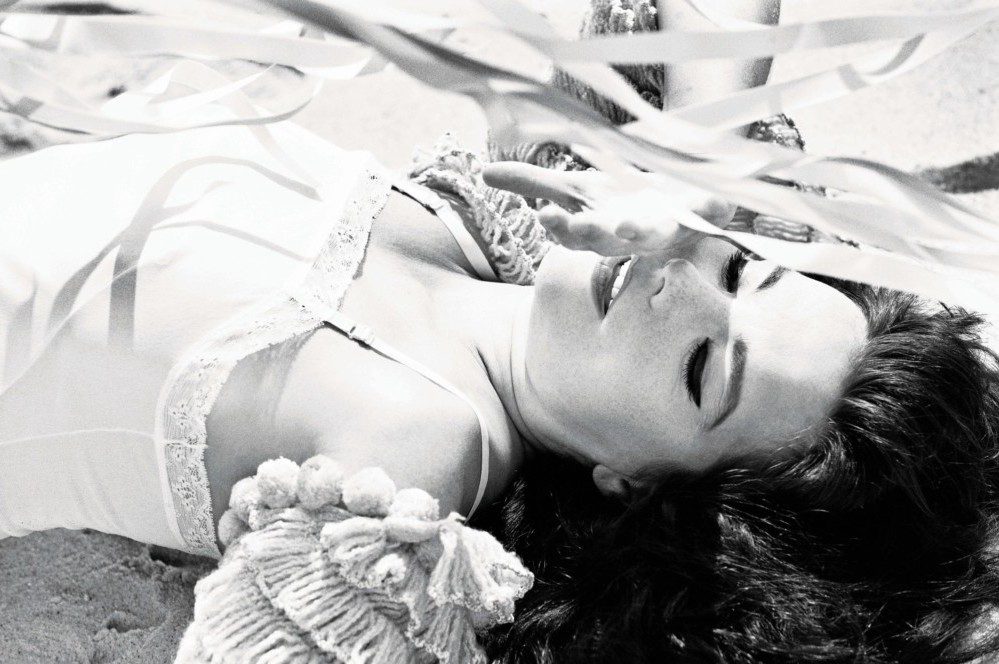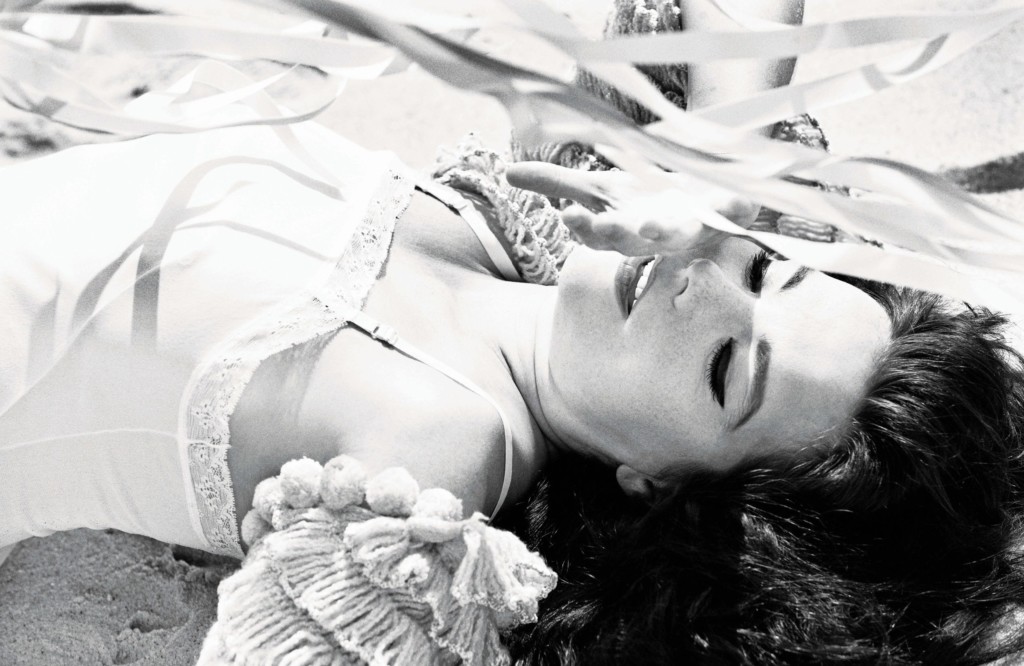Dar Williams Teases First LP in Six Years with Rose-Colored Ode to “Berkeley”


Since releasing her first album in 1990, pop-folk singer-songwriter Dar Williams has been known for songs that critique social norms around gender, capitalism, and more. She’s gearing up to release her first album in six years, I’ll Meet You Here (out October 1), and her latest single off the LP, “Berkeley,” celebrates those who don’t fit into the boxes society prescribes — even going so far as to question the validity of the boxes themselves.
Williams wrote the song about a summer she spent in Berkeley, California when she was 20 years old and how the spirit of the city inspired her. “I was amazed at how hard Berkeley was holding on to its ’60s roots and how much I loved it,” she says. She remembers going to the city’s famous People’s Park and meeting communists, people who didn’t believe in property, and others who taught her new ways of thinking.
“The romance of the city, that dreamer mentality… that kind of poetic environment makes for a good song,” she says. “What I really hoped for was to be a witness of Berkeley, but also a participant — still a believer myself.”
Her warm, rich voice sings a hypnotizing melody against simple acoustic guitar and strings, with lyrics that welcome the listener into the unique community she writes of: “The old world was fading/The canvas was waiting/Pale eucalyptus and lavender light/We courted the mayhem.”
While “Berkeley” commemorates a spirit and attitude that has persisted for generations, much of Williams’ upcoming album thematically deals with accepting change. Soothing previous single “Time, Be My Friend” makes peace with the uncertainty of the future through an open letter to time itself: “You will never tell me something/That has not happened yet/And you will never make a promise/But I can get just what I get.”
On the spirited “You Give It All Away,” she sings about dealing with the music industry’s transition from CDs to streaming, which made it more difficult for indie artists like her to break into commercial radio stations. “A lot of bandwidth was given to a very theatrical, sensational kind of pop music that was more spectacle, that was really beautiful but was very high production,” she explains. “Back in my day, I did Lilith Fair based on the response of my audience, so I had what we would call an audience-based career. Your audience-based career could hit critical mass, and you could get reception from that, like Ani DiFranco.” The song mourns the loss of this culture with lyrics like “The silver hope kaleidoscope is spinning us away.”
On the more upbeat and charmingly catchy single “Today and Everyday,” Williams sends a message contrary to the narrative most of us are hearing these days: “I can save the world today and every day.” The video, which captures a sense of childlike innocence with stop-motion animation, is meant to encapsulate the “beauty and magic in keeping our optimism alive,” Williams explains. “It feels like an uphill battle, but actually the tool box has never been more full for us to take on both the issues of social diversity and biodiversity.”
Williams has been a part of this fight herself. In 2017, she released her first book What I Found in a Thousand Towns, which documents what she’s learned during her time touring and talking to people in various cities about community building, sustainability, and urban planning. It’s based around the concept of “positive proximity” — that people do best when they’re living close together, both physically and emotionally.
She’s currently working on her next book, A Song That Matters. The songwriting guide is based on retreats she runs, as well as her overall songwriting approach, one she describes as “a patient one,” explaining, “I create the song, but I listen to what’s happening as it’s being created, so I’m guiding and listening as I go.”
Williams, who resides in Cold Spring, NY, is also known as a pioneer for advancing the recognition of women in the music industry. In 1997, she performed in the very first rendition of the Lilith Fair, an all-female music festival. “The ’90s were so much about women making acoustic music and sort of getting off of some of the mainstream grid to build that subculture,” she says. “The fact that Lilith Fair happened was a really big milestone.”
Now that restrictions are lifting, she’s excited to be playing live shows again. She’s currently gearing up to tour around the country to promote I’ll Meet You Here. “I’m finding that people are showing up game to wear masks and do all those things, and when they do, that it works,” she says. “It looks like people are more than happy to do that to have live music, so I’m confident that we’re going to be okay.”
Follow Dar Williams on Twitter, Facebook, and Instagram for ongoing updates.



